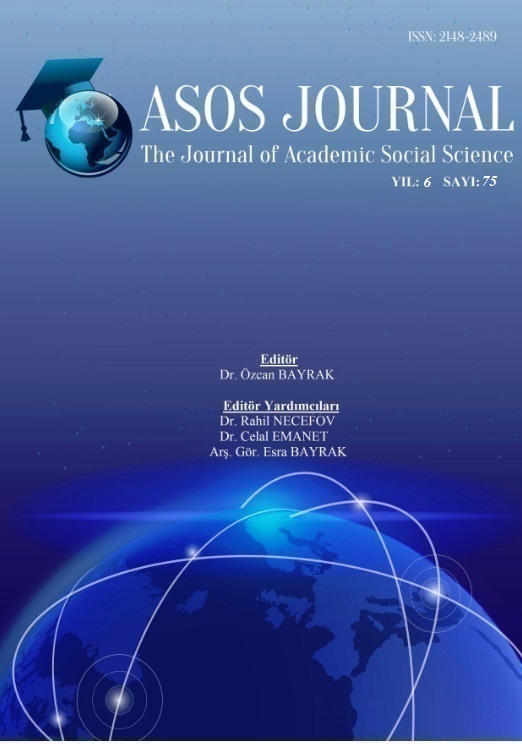Author :
Abstract
Ekonomi; servetin üretiminin, tüketiminin ve dağılımının incelenmesidir. İslâm, diğer sistemlerden farklı, orijinal bir iktisat sistemi ilkeleri önermektedir. Ayrıca batı ekonomilerinden çok daha geniş ve kapsayıcı bir insanî alanı içine almaktadır. Bu sistemde üretimin ilk safhasından tüketimin son safhasına kadar helâl ve haram kavramları dikkate alınır. Ayrıca, İsraf ve lüks kavramları da bu sistemde hoş görülmemektedir. İslâmî ekonomide mülkün gerçek sahibi Allah’tır ve insanlar ancak Kur’an ve Sünnette belirtilen amaçlar doğrultusunda tasarruf yetkisine sahiptirler. Diğer taraftan, Kur’an’ın temel kavramlarından olan adâlet ve ahlâk, İslâmî ekonominin oluşmasında göz ardı edilemeyen kavramlardır. Bu sebeple İslâm, serveti sayısal eşitlik prensibine göre değil, adâlet prensibine göre kabul etmektedir. Kur’an, kişilere teşebbüs hürriyeti ve mali haklar tanımakla birlikte, yaşadıkları toplum içindeki insanlara karşı sorumlu olduklarını da bildirir. İşte tam bu noktada Kur’an, sosyal adâlet ve denge prensiplerini devreye sokmaktadır. Burada öngörülen sosyal adâlet ve denge, toplum bireylerinin gelir seviyesi yönünde değil, geçim seviyesi yönündedir. Neticede herkes insanca yaşamalıdır.
Keywords
Abstract
Economy, is the study of the production of wealth and its distribution. Islam, unlike other systems, suggests an original economic system of principles. It also incorporates a much larger and inclusive human space than western economies. In this system concepts of halal and haram are considered from the first phase of production to the last phase of consumption. In addition, the concepts of waste and luxury are not welcomed in this system. The property of the Islamic economy is the true proprietor of Allah and people have the power to save only for the purposes stated in the Qur'an and the Sunnah. On the other hand, justice and morality, which are the basic concepts of the Qur'an, are concepts that can not be ignored in the formation of the Islamic economy. For this reason, Islam accepts wealth according to the principle of justice, not according to the principle of numerical equality. The Qur'an informs the people that they are responsible for the people in their society where they are living, together with recognizing freedom of enterprise and financial rights. At this point, the Qur'an puts into practice the principles of social justice and equilibrium. The social justice and equilibrium envisaged here is not the income level of the society's individuals but the level of livelihood. After all, everyone should live humanely





